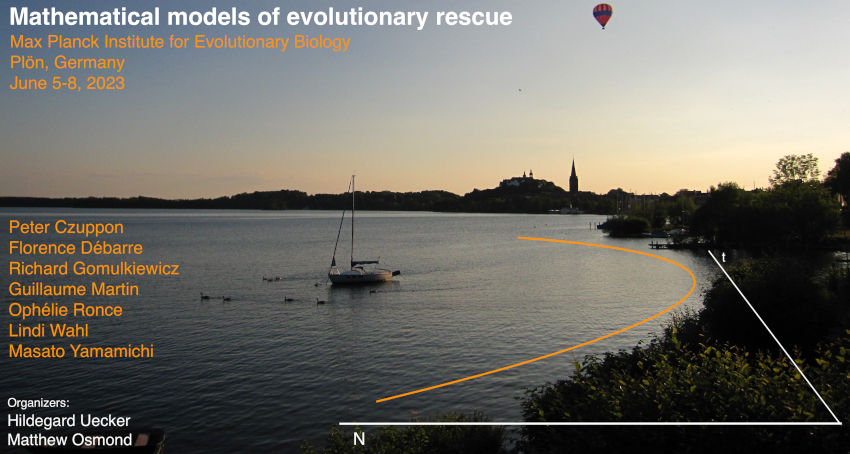Speaker
Description
Cancer cells evolve from a normal tissue due to the accumulation of pro-tumor mutations, called drivers, that coexist together with thousands of other somatic mutations that do not promote cancer growth, named passengers. However, the existence of drivers in normal tissues has been reported, suggesting that isolated drivers alone are not enough to trigger the development of malignant phenotypes. In addition, epistasis between drivers has been widely observed in several recent studies, indicating a potential role on cancer dynamics. Furthermore, a wide variety of epistasis networks, from star-like to dense clique motifs, has been inferred from experimental data across different cancer types. By combining computer simulations and mathematical modelling, this work investigates the impact of cooperative epistasis networks on cancer dynamics. We describe and fully characterize a phenomenon of epistasis-driven evolutionary rescue that allows for cancer progression in conditions in which the acquisition of drivers alone would be insufficient to compensate for the mutational burden imposed by slightly deleterious passenger mutations. Studying the probability of triggering such rescue and the time at which it occurs we discovered that they are dependent on the mutation rate, the strength of such epistasis and the topology of the network. Ultimately, this translates into more unpredictable behaviors of tumor progression than expected in the absence of epistasis and it could help explaining the presence of drivers in non-tumoral tissues.

